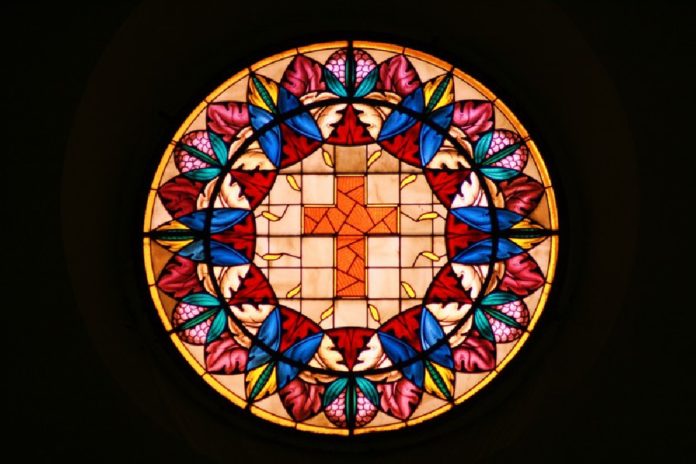Rome (NEV), June 5, 2020 – The Methodist Consultation, the usual moment of meeting and assessment of the Methodist communities, took place electronically this year due to the CORONAVIRUS pandemic. The president of the Standing Committee of the Action for the Methodist Evangelical Churches in Italy (OPCEMI), pastor Mirella Manocchio, told the NEV agency her impressions of the work done and future strategies.
“We made an attempt to reflect and exchange which gave very positive feedback – said President Manocchio -. Certainly we missed being together in person, and also the possibility of a broad debate which, due to the quota times, was slightly reduced. The virtual dimension made us miss those extra moments of fellowship between brothers and sisters, those situations of free sharing and prayer in which we are close and that we have always been used to living during the Consultations, before the CORONAVIRUS. Nevertheless, we managed to make virtue of necessity and we got unexpected results in terms of proposals”.
Many ideas and future prospects emerged from the Consultation, which also represented an opportunity to make a point on some existing projects and on others that are about to begin. In September, a project for young people on environmental issues will start and involve several countries including Zambia, Argentina and Italy. In cooperation with the Waldensian Diaconate
musical and social projects are foreseen to establish tighter links on the territories, networking institutions and associations, either at national and international level.
There were also reflections on the CORONAVIRUS pandemic, continued Manocchio: “The COVID-19 changed us individually, as churches and as a society and it is necessary to reflect on this for the future. We must continue to meditate also about the use of technologies and social networks. What are the horizons we face? A wise use of these tools is not always easy and it is essential not to replace the work and the meeting between believers, but to implement it”.
The Standing Committee, together with the participants, sisters and brothers of the local churches, councilors and members enrolled in the Methodist churches, directors and members of the Working committees, discussed on many issues: from witnessing in a post-secularized or post-modern context of which the growing non-confessionality is a characteristic, to the future of Christianity, from globalization to individualization, from new poverty to ecumenical commitment.
In the annual report, which represents not only the actual situation of Methodist works, but also a sort of programmatic document for basing the work of the coming months, the issues of job training, support to start-ups with with an eco-friendly outlook, social commitment, were analyzed and discussed. Methodist initiatives range from the Italian school for foreigners to the support of sustainable agriculture (the “Rosarno Project”, in Calabria). International relations, including ecumenical ones, and worldwide collaborations (with the World Methodist Council and the World Methodist Conference) are very much lively.





























